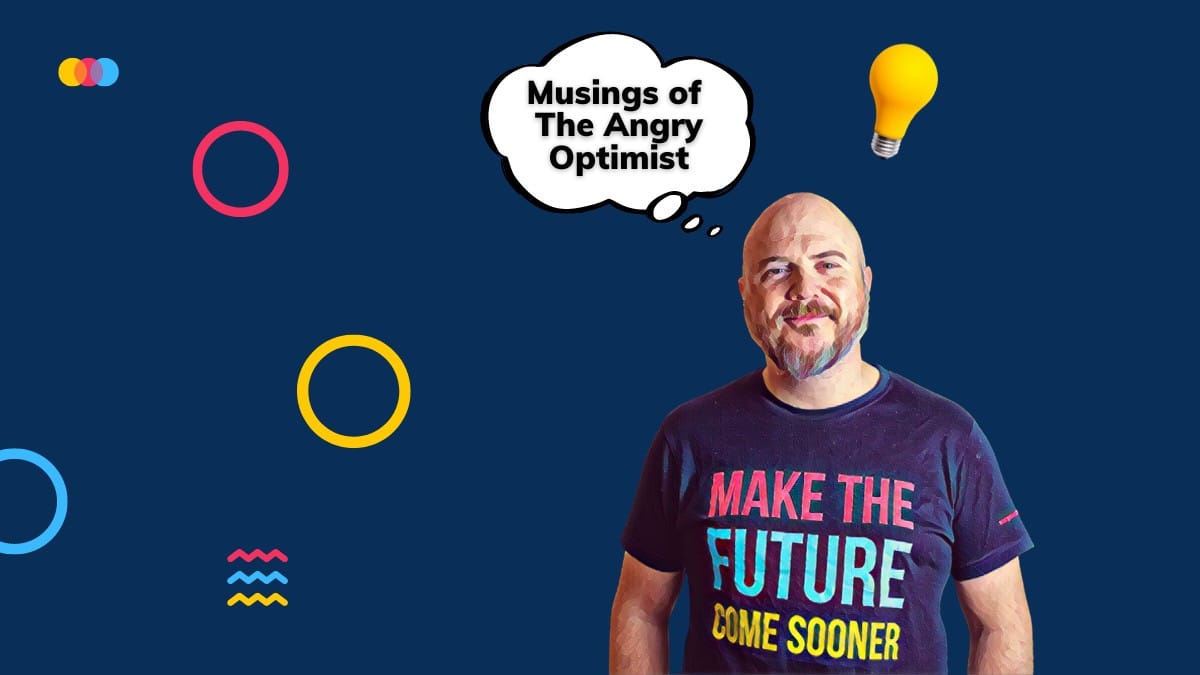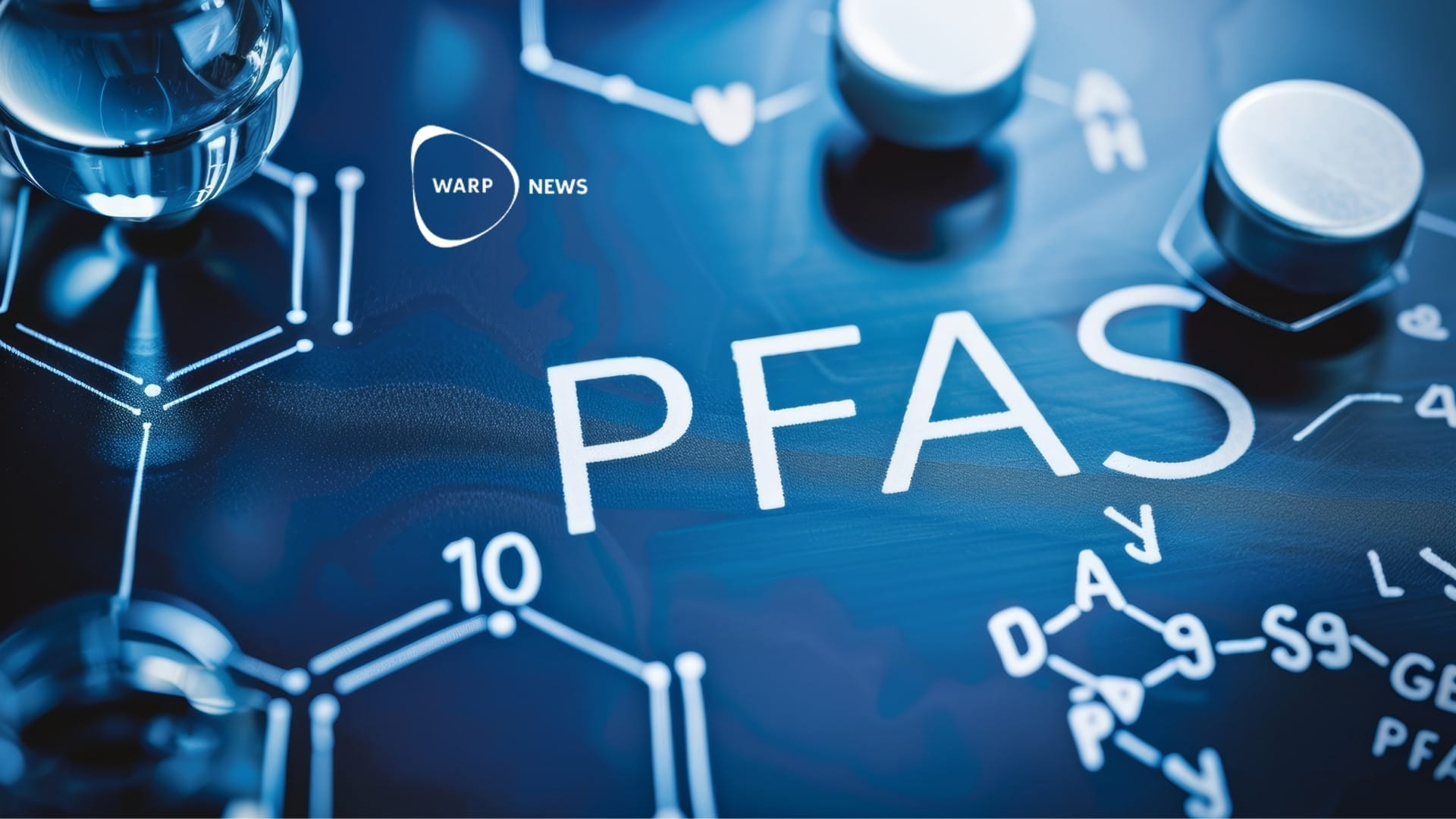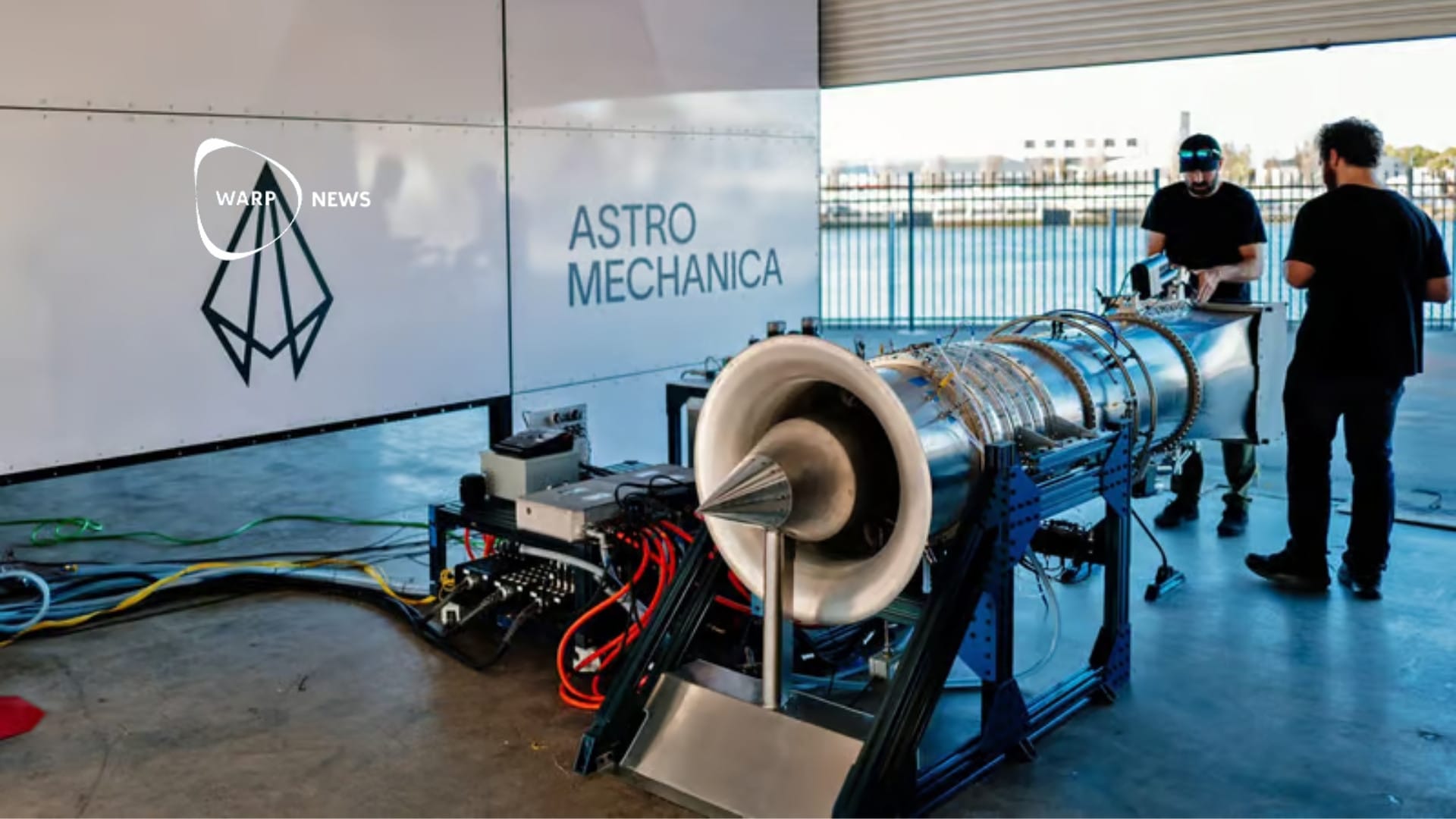💡 Innovation
🔬 They've created a complete 3d-printed microscope for less than $60
Scientists at the University of Strathclyde have developed the world's first fully 3d-printed microscope that can be manufactured in less than three hours for under $60. The microscope can distinguish detailed structures with the same precision as traditional microscopes costing $18,000.
💡 Musings of the Angry Optimist: AI development has entered phase two
AI development has now entered Phase Two, where we create new things based on what we learned in Phase One. It may seem obvious, yet surprisingly many people focus only on today’s shortcomings and completely misjudge the future.
🐦 Scientists closer to recreating extinct dodo
Genetic researcher Beth Shapiro leads the work to recreate the dodo, a bird that went extinct over 300 years ago. The technology being developed can be used to save currently endangered species, like the pink pigeon in Mauritius.
🧪 Two new methods break down forever chemicals using ordinary light
Scientists have developed two methods using ordinary visible light to break down forever chemicals. The methods work at temperatures as low as 40 degrees Celsius. The new methods could be an important step toward cleaning contaminated soil and water.
🧮 Google's quantum computer performs calculation in 5 minutes that would take longer than the universe's existence for a supercomputer
Google's new quantum computer solved a calculation in five minutes that would take longer than the universe's existence to solve with a regular supercomputer. The time it would take the supercomputer to do the calculation is nearly a million billion times longer than the age of the universe.
🛫 New aircraft engine makes supersonic flight cheaper and more climate-friendly
The engine is designed to run on liquid natural gas which costs one-tenth of traditional jet fuel and emits 30 percent less carbon dioxide.
💡 Musings of the Angry Optimist: A moral responsibility to accelerate
When we see a digital solution that works, we have a moral obligation to ensure that as many people as possible benefit from it, as quickly as possible.
🧬 CRISPR adapts crops and livestock to withstand warmer climate
Scientists have already created cattle with shorter coats for warmer climates and rice that can handle drier conditions. Several companies are now working to develop corn with shorter and stronger stalks that reduce the risk of damage during severe storms.
🌡️ New material captures CO2 more efficiently than large trees
A new yellow powder material captures carbon dioxide from the air 10 times faster than other materials. The material can be reused hundreds of times without decreased effectiveness.







